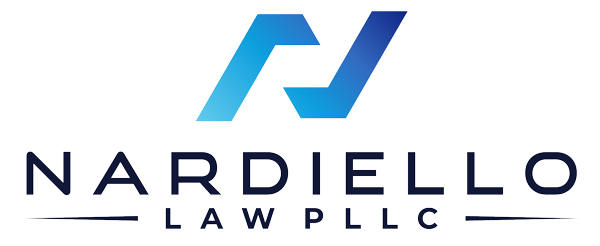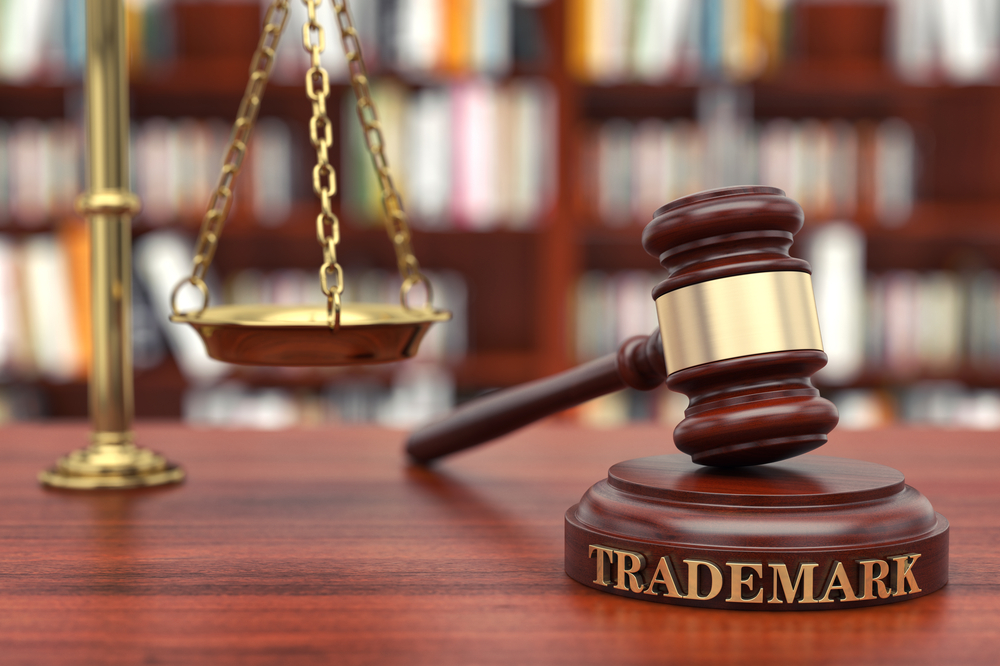Many business owners and managers will tell you that you should register a trademark with the U.S. Patent and Trademark Office. By doing so you are protecting your brand and business, in addition to having extensive legal leverage should you ever need it.
However, not all businesses take heed of this advice and they fail to register their trademark. The good news is that both federal and state laws provide legal protection for unregistered trademarks. In this article, we’ll dive into what exactly a trademark is, the Lanham Act, and what protections exist for unregistered trademarks in the United States.

